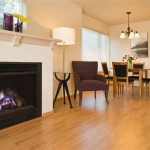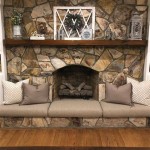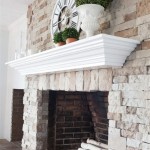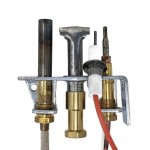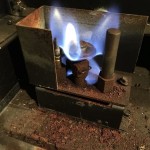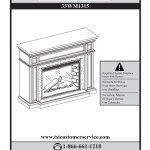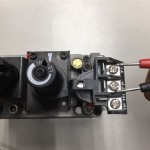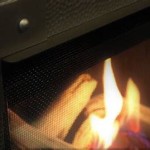Ventless Indoor Fireplaces: Essential Aspects
Ventless indoor fireplaces have gained popularity as a convenient and aesthetically pleasing way to add warmth and ambiance to homes. Unlike traditional fireplaces that require a chimney or flue, ventless fireplaces burn clean-burning fuels and recirculate air within the room. Here are some essential aspects to consider when opting for a ventless indoor fireplace.
Fuel Options
Ventless indoor fireplaces typically utilize three types of fuels: gel, ethanol, and propane. Gel fireplaces are portable and easy to install, but they produce a small flame and limited heat output. Ethanol fireplaces offer a larger flame and more heat, with some models even featuring adjustable flame sizes. Propane fireplaces provide the most heat and are often used in larger rooms or as supplemental heating sources.
Heating Efficiency
While ventless fireplaces are not as efficient as traditional fireplaces with a chimney, they still provide significant warmth. The heat output depends on the fuel type and the size of the fireplace. Propane fireplaces have the highest heating efficiency, followed by ethanol and gel fireplaces. However, it's important to note that ventless fireplaces are designed primarily for ambiance rather than as a primary heating source.
Safety Features
Safety is paramount when using a ventless indoor fireplace. Look for fireplaces that are certified by reputable organizations such as the American National Standards Institute (ANSI) or Underwriters Laboratories (UL). These certifications ensure that the fireplace meets stringent safety standards and operates safely. Additionally, consider fireplaces with automatic shutoff features, oxygen depletion sensors, and tip-over protection for increased peace of mind.
Ventilation Requirements
Although ventless fireplaces do not require a chimney or flue, proper ventilation is crucial. These fireplaces release carbon monoxide and other gases, so it's essential to have adequate ventilation to avoid health hazards. Ensure that the room has sufficient fresh air exchange through open windows, doors, or a ventilation fan. Never operate a ventless fireplace in a tightly enclosed space or for extended periods without proper ventilation.
Installation and Maintenance
Ventless indoor fireplaces require professional installation by a qualified technician. Improper installation can compromise safety and lead to operational issues. Regular maintenance is also important to keep the fireplace functioning efficiently and safely. This includes cleaning the burner, checking the safety sensors, and inspecting the fuel lines and connections.
:max_bytes(150000):strip_icc()/ventless-gas-fireplaces-4160746-hero-f9d4bdcd9bd446eb84406de306f790ba.jpg?strip=all)
How To Pick Out A Ventless Gas Fireplace

What Is A Ventless Gas Fireplace Experts In Gaithersbutg Md

Ventless Gas Fireplace Propane

Ventless Gas Fireplace Vent Free Modern

Vent Free Inserts White Mountain Hearth

White Mountain Hearth Vfpa32bp Vail Ventless Premium Fireplace With Slope Glaze Burner And Log Set 32

Considering A Ventless Gas Fireplace Here S What You Need To Know Bob Vila

Duluth Forge Dual Fuel Ventless Gas Fireplace 32 000 Btu T Stat Control Antique White Finish Com

50 Free Standing Ventless Gas Fireplace Visualhunt

Vent Free Gas Fireplaces Inserts Stoves Napolis Godby Hearth And Home
Related Posts

